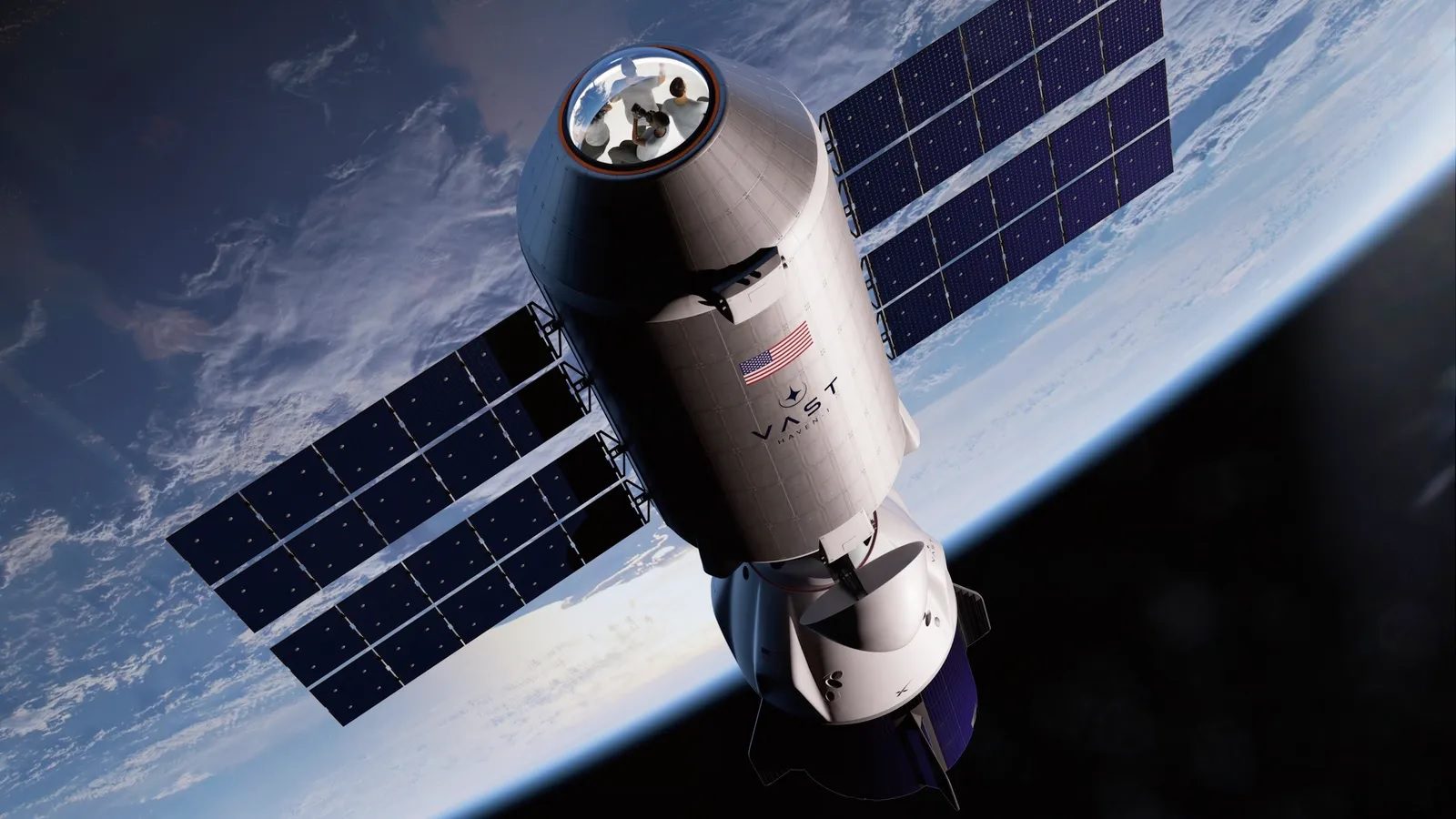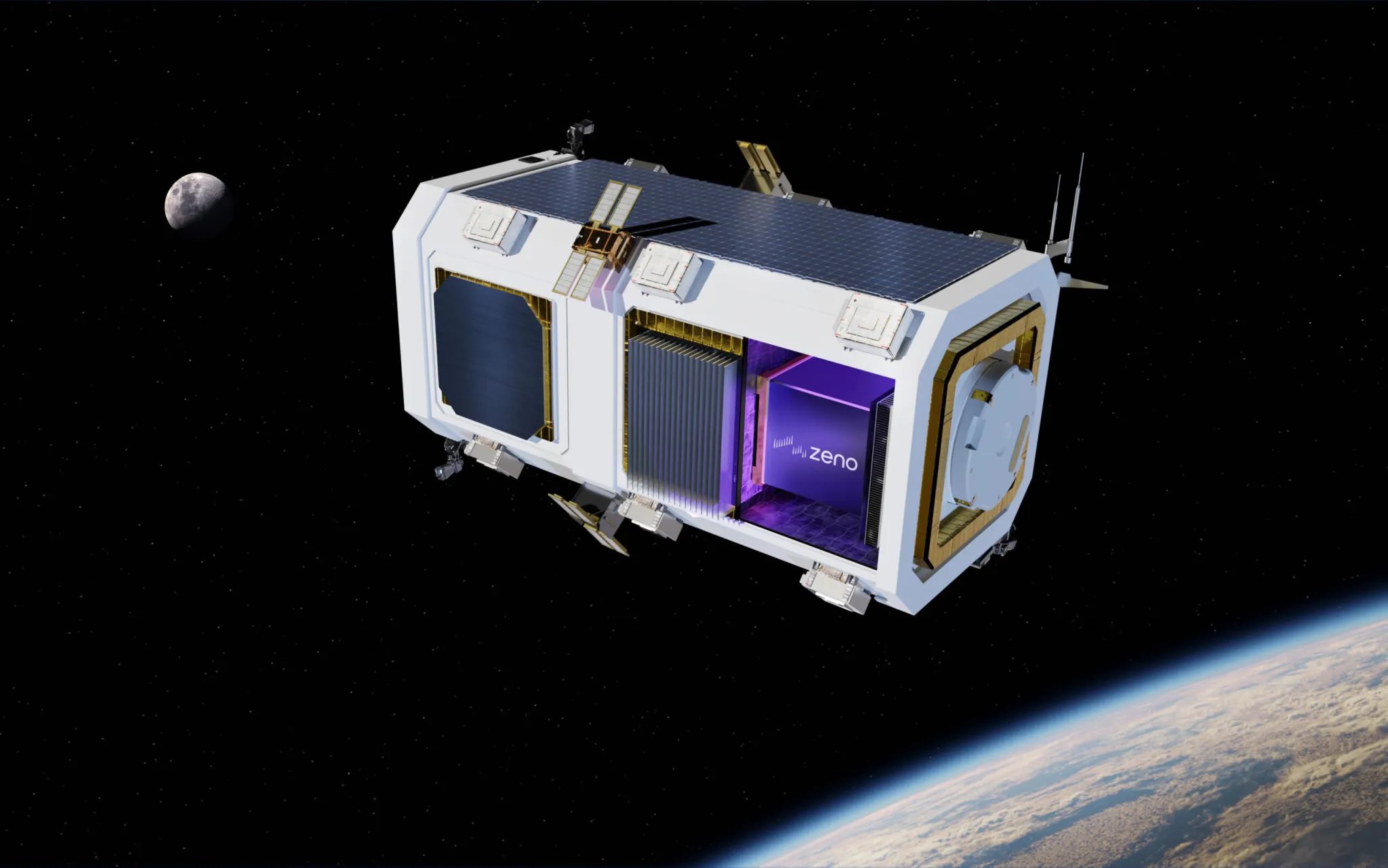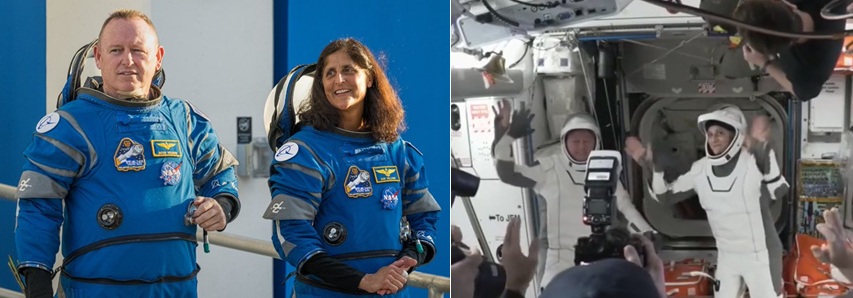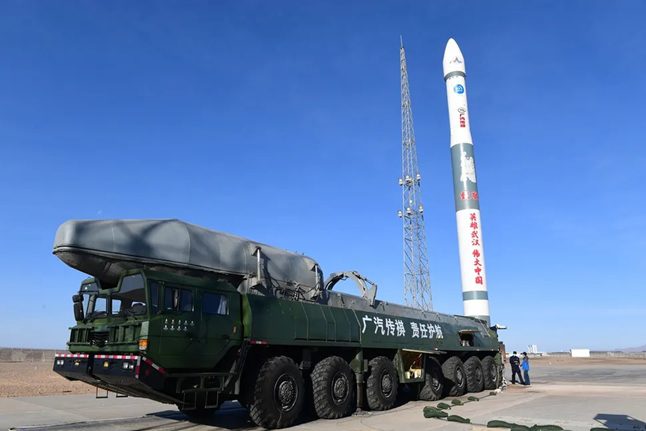Commercial space station operator Vast has signed a contract with SpaceX for the launches of its first space station and a crew mission (announced on 10 May). A Falcon 9 will launch the space station module called Haven-1 in the late summer of 2025. A second launch will take a Crew Dragon with four astronauts aboard on a mission called Vast-1 to the station for a 30-day stay.
Like its other competitors in the commercial space station market, Vast plans to build larger stations than Haven-1. With these it plans to offer stays in orbit for the astronauts of NASA and other agencies and commercial entities’ after the International Space Station (ISS) comes to an end. NASA has put a budget request forward for a tug to deorbit the ISS, probably in 2030. Meanwhile, although it initially threatened to end its participation in the ISS early, the Russian space agency/conglomerate Roscosmos has since committed to operating the space station until at least 2028.
Zeno Power Systems has been awarded a US$30 million contract, split between US government and private funding, to build a radioisotope decay-powered satellite for the US Air Force Research Laboratory to be launched in 2025. The power system works by converting heat from the decay of a Strontium isotope directly into electricity via a thermoelectric generator.
Northrop Grumman announced on 25 May that it had received a US$45 million order for a Minotaur 4 launch of the General Atomics-built Electro-Optical Infrared Weather System (EWS) prototype, made under the US Space Force Orbital Services Program-4 (OSP-4). The mission has been designated USSF-261S-A.
Also on 25 May, Orbit Fab announced that it had decided to use a Mira satellite, from Impulse Space, to host a fuel depot for an in-orbit refuelling demonstration funded by the US Space Force and Defence Innovation Unit. Three Tetra-5 spacecraft, operated in geostationary Earth orbit (GEO) by Orion Space Solutions under a US$50 million contract with the US Space Force, are to be refuelled in 2025 with hydrazine using a RAFTI, or Rapidly Attachable Fuel Transfer Interface.










